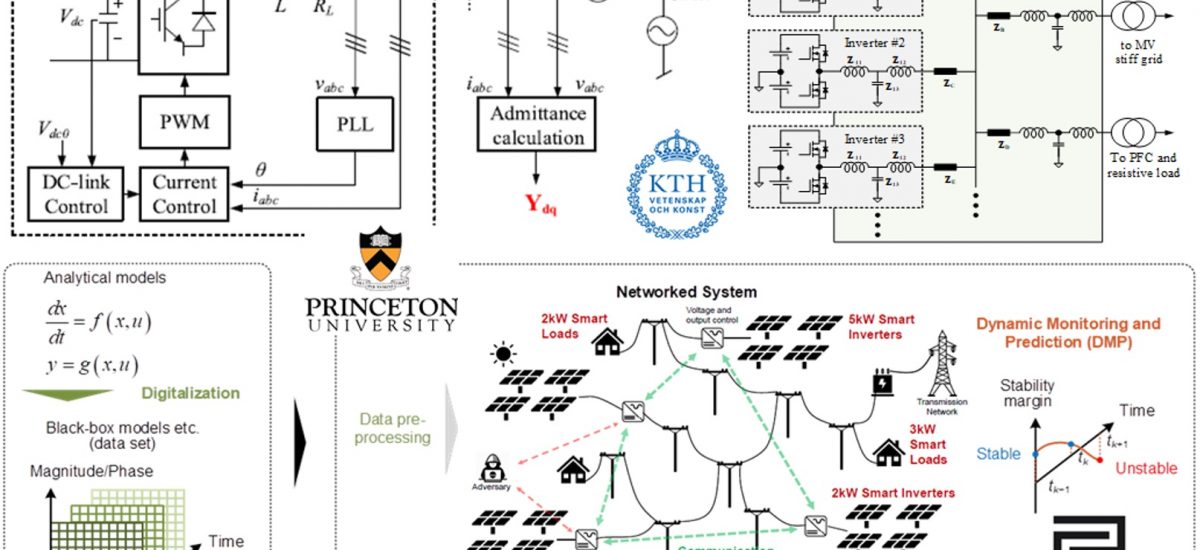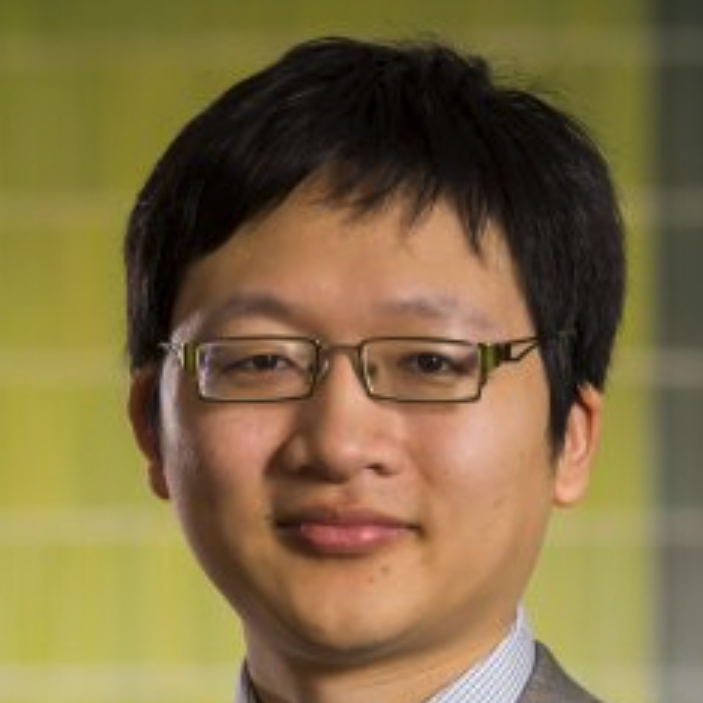About the project
Objective
In this project, Princeton University and KTH Royal Institute of Technology plan to develop a family of C3.ai-enabled methods for learning, optimization, and system stability analysis of grid-tied inverters and power electronics-based power systems. The goal is to develop a unified machine-learning platform for power electronics, power systems, and data science research. A bottom-up approach, from modelling a single inverter to modelling a cluster of inverters connected as a microgrid, will be used as a motivating case study to show a holistic hierarchical modelling approach supported by C3.ai.
Background
Distributed and renewable energy resources are massively deployed in electric power grids, driven by the sharp cost reduction and the demand for carbon neutrality. The grid of the future will be supported by clouds of distributed and renewable energy resources. Power electronics Inverters are pervasively needed to connect renewable energy resources to the grid, thanks to their full controllability over electric power. On the other hand, to meet a wide range of grid requirements, these grid-tied inverters are commonly equipped with sophisticated control systems, which pose challenges to the stability and control of power grids, threatening the energy security of modern society.
Crossdisciplinary collaboration
This project is a collaboration between KTH and Princeton University.






